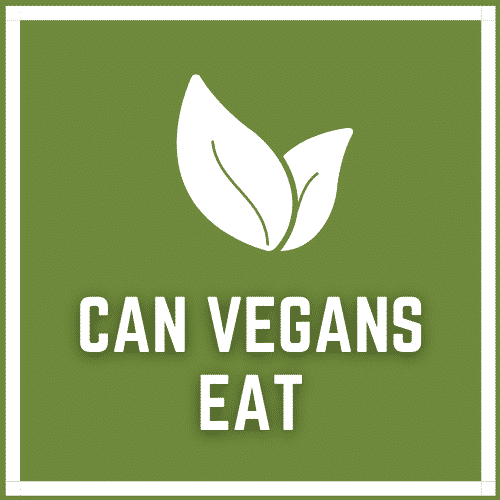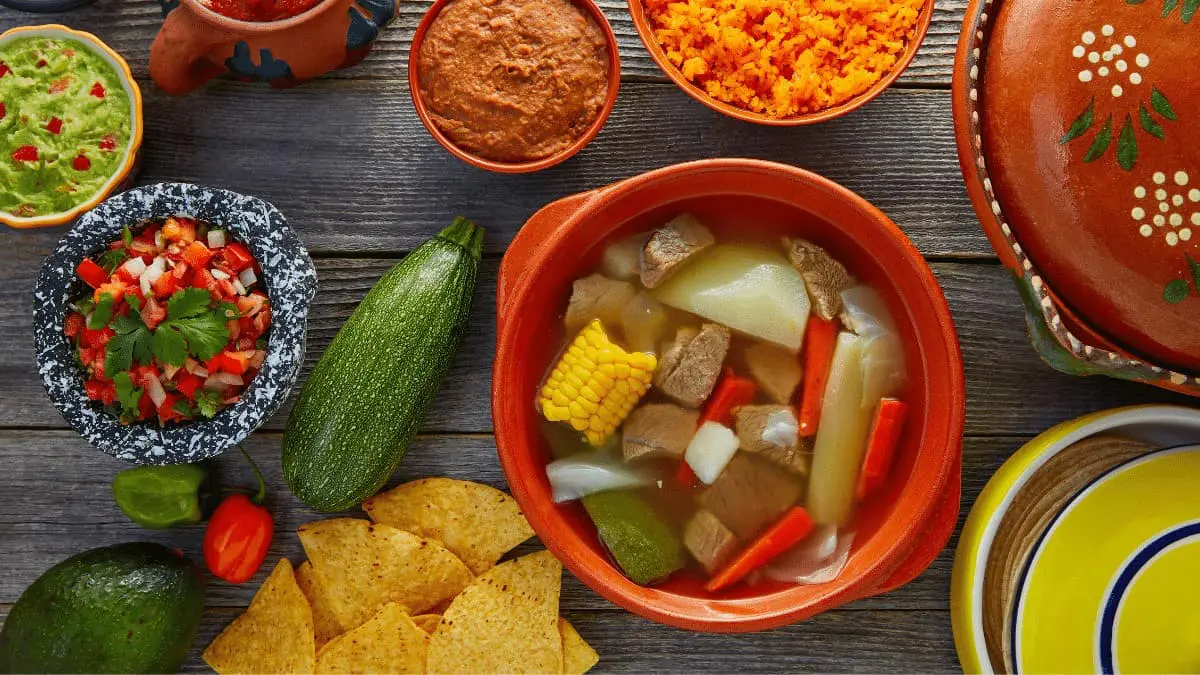Answer: No. Vegans do not eat beef broth because it’s made from the bones or meat of cattle.

Table of Contents
Can Vegans Eat Beef Broth?
Beef broth is not part of the vegan diet simply because of the reason given above. It’s one of the primary examples of food derived from animals. It usually comes as boiled bones. Not to paint a gory picture, but it can include meat, skin, ligaments, cartilage, etc. And each of these ingredients comes from cattle killed for consumption.
Like any other animals, cows yearn for the same natural freedom that all living creatures enjoy. They are not meant to live in windowless sheds and barbed cages, waiting for slaughter. You may find attractive marketing phrases that try to normalize it. Even if they say it’s ‘grass-fed’ or ‘free-range,’ you know they’re all waiting for the same fate. And it cannot change the fact that breeding and slaughtering cattle for commercial purposes take away the animal’s intrinsic value as a living being.
You may be paying exorbitant prices for a beef broth that comes in fancy packages. But no amount of cash we pay equals the price the animal pays with its life.
Nutrition Claims
Meat-eaters will claim that beef broth will restore collagen in your body much more than plants. This is not true. You can help your body regenerate collagen with healthy alternative diets. Collagen is one of the important and dominant proteins in our bodies. They account for over 30 % of the protein in us. You’ll find it in the bones, skin, hair, nails, etc., of the human body.
Other minerals come from beef broth. Studies show that nutrition can change depending on cooking time or body parts. So, you know that it’s not the same level of nutrition in every broth meal. And the best sources of minerals for us still come from a balanced vegan diet.
The main dietary takeaway is that it’s not the only way to get natural nutrition. And the benefits they give are also present in other dietary alternatives. Some studies reveal that these ‘benefits’ may even be slightly misinformed or altogether wrong. Spending too much time on these claims does not shed any more light or clarify the matter. However, it is important to know about the alternatives that present themselves today.
Vegan Alternatives
Nutrition
“Getting” collagen from animal bones is not the only way to get protein. There are vegan supplements that can provide the required dietary input. There are scientific ways of using microorganisms to produce the collagen our bodies need. And they are more cost-effective substitutes. Even gelatin, a collagen derivative, can enter your diet without consuming animal ingredients. These vegan alternatives come with several benefits over real beef broth:
- They have the potential to be cheaper because the science is scalable.
- It has a lower risk of allergies thanks to careful work in the lab.
- They give potential benefits to skincare and other aging issues.
- Since the source is known, the products also have a better safety profile.
As far as the minerals from bones go, you have much healthier alternatives in your vegan diet. Nuts and seeds are among the richest sources of minerals that the body needs. You can also increase your intake of cruciferous veggies – broccoli, cauliflower, etc. Beans and legumes will also give you enough potassium, other minerals, and their rich protein.
Veggie Broth
You can use vegetable scraps at home to make your own vegetable broth. Keep your mushroom stems, parsley stems, potato skins, and carrot shavings. They’ll give you selenium, iron, vitamin K, potassium, and vitamin A respectively. Keep the veggies in a sealable bag or jar and place it in the fridge.
Once you have about 500-700 g, place them in a slow cooker. Add 2-3 cups of water along with ½ tablespoon of salt and cook. Heat till the mixture boils, and let the dish cool down. Stir and strain the liquid for storage (refrigerate) and discard the other bits. Congratulations, your veggie broth is ready for sipping or use in cooking!

